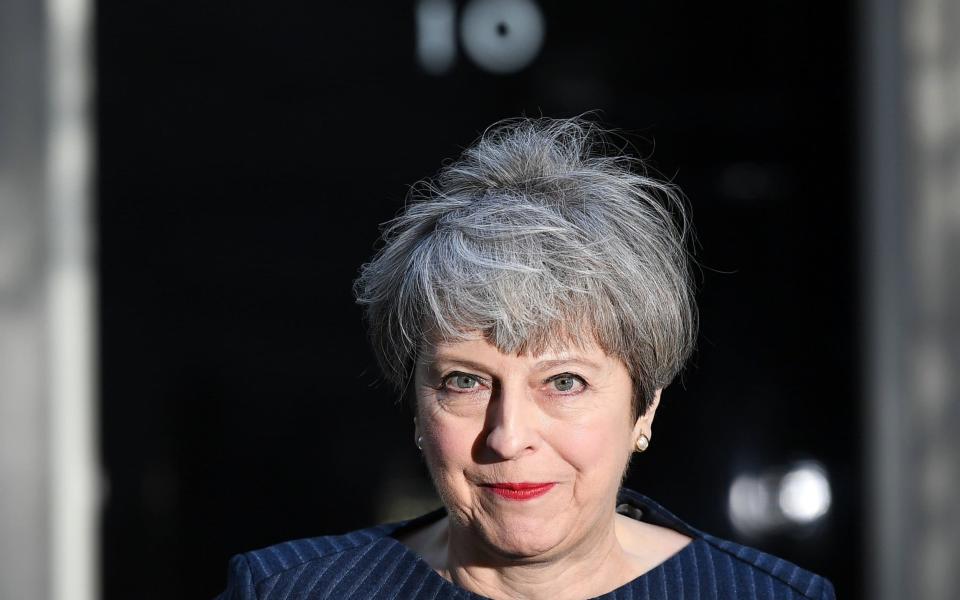When is the General Election and who will win?

When is the General Election?
Theresa May said she will go to the country on June 8. The Prime Minister told the Queen in a phone conversation on Bank Holiday Monday.
Parliament is likely to be dissolved on May 3. which will allow for an election campaign lasting for just over a month.
Countdown to the General Election
Why is Theresa May calling an election?
The Prime Minister said on the steps of 10 Downing Street that Britain wanted certainty, stability and strong leadership following the EU referendum.
Mrs May said: “The country is coming together but Westminster is not.”
She is in recognising the vast majority of MPs supported Remain at the EU referendum last year.
Why call an election now?
Mrs May is banking a huge lead in the polls – two surveys at the weekend gave the Conservatives leads of more than 20 points.
Mrs May is also taking advantage of the fact that European Union leaders will not be ready to start formal negotiations about Brexit until the autumn.
There were strong rumours last month that Mrs May could schedule a snap election for May 4 and announce it on the day she triggers Article 50.
The Prime Minister has consistently ruled out holding a snap election, arguing that it would bring additional uncertainty to the UK at a time when continuity was needed.
How will it work?
The Fixed Term Parliament Act 2011 requires the Government to propose a vote in the House of Commons which must be passed by two thirds of MPs.
This meant that until now the next election was scheduled to take place on May 7, 2020, with Parliament being dissolved on 30 March 2020.
Number 10 said this morning that 434 MPs must support the motion. This is an almost dead cert, with Labour saying that it supports an election.
About | Calling an early general election
Who will win?
Polls that indicate Mrs May could win a huge Tory majority in Parliament.
Some polls have the Tories at almost double the vote share of Jeremy Corbyn's Labour Party, indicating that the most likely outcome of the election would be a landslide victory which would increase her party’s current working majority of 17 in the House of Commons.
Indeed, some experts estimate that the Tories will take as many as 56 seats from Labour, leaving them with a 200-seat lead over the official opposition party.
Key articles | General Election 2017 Register Log in commenting policy

 Yahoo News
Yahoo News 